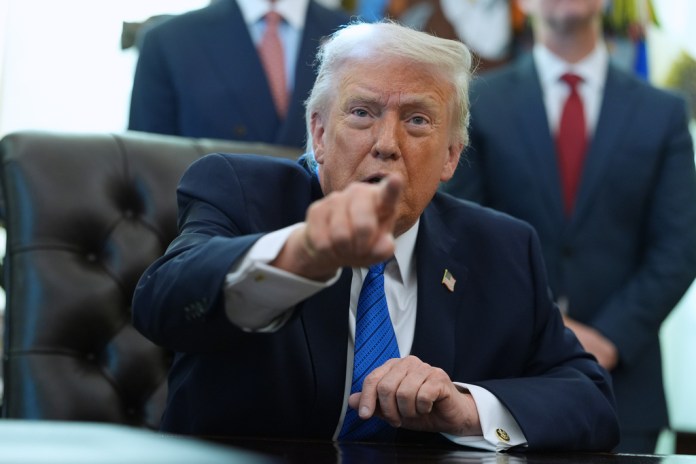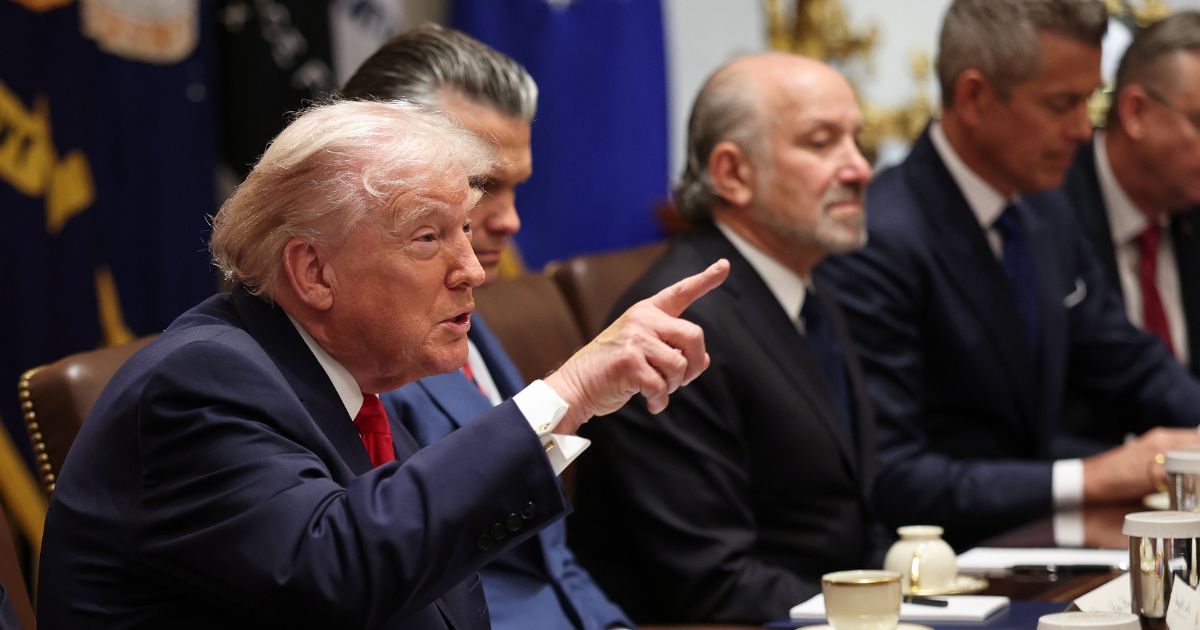How Trump’s comments could surface in Comey’s defense strategy
The article discusses the recent federal indictment of former FBI Director James Comey, who faces charges of making false statements to Congress and obstruction of justice related to his 2020 Senate testimony on the Trump-Russia examination. Despite Comey’s denial of wrongdoing and his readiness to face trial,legal experts note that pursuing a defense based on selective or vindictive prosecution-arguing that his indictment is politically motivated-will be challenging due to strict legal standards requiring clear evidence of unequal treatment and improper motive.
The charges were brought after former president Donald Trump publicly pressured officials to prioritize the case against Comey, which might potentially be cited by Comey’s defense. However,precedent suggests such claims rarely lead to dismissal without strong proof of unconstitutional retaliation.
FBI Director Kash Patel, who succeeded Comey’s predecessor, rejected claims of political bias in the prosecution and framed the case as part of a broader commitment to accountability and restoring public trust in law enforcement. Comey is expected to be arraigned in October, with his legal team likely to file pretrial motions that could challenge the indictment on constitutional or procedural grounds. The case has sparked political controversy, with Senate Democrats demanding clarity from the Justice Department regarding the decision-making process behind the indictment.
How Trump’s comments could surface in Comey’s defense strategy
Former FBI Director James Comey may pursue a selective or vindictive prosecution defense as he faces federal criminal charges tied to his 2020 Senate testimony about the Trump-Russia investigation, despite long-standing legal precedent that might make his success difficult.
A federal grand jury indicted Comey on Thursday on one count of making false statements to Congress and one count of obstruction of justice. Both charges stem from his sworn testimony before the Senate Judiciary Committee regarding his role in the FBI’s handling of the 2016 election and its surveillance of President Donald Trump’s then-campaign.
Comey is accused of misleading lawmakers during a September 2020 hearing about authorizing anonymous media disclosures related to the Trump-Russia investigation and the bureau’s internal views on the Steele dossier. Prosecutors also allege he obstructed a separate congressional inquiry into the FBI’s treatment of intelligence linking former Secretary of State Hillary Clinton to efforts to tie Trump to Russia during the 2016 campaign cycle.
In high-profile criminal trials, defendants typically attempt to dismiss the charges outright as one of the first orders of business. Comey has denied wrongdoing and said in a video posted to Bluesky that he is “not afraid” of political retribution. “I’m innocent,” he said. “So, let’s have a trial. And keep the faith.”
Legal defenses face high bar despite political backdrop
Although Comey has not previewed what legal motions his team may file before trial, former federal prosecutor Joyce Vance said Trump’s own conduct could give defendants like Comey an opening.
“Ironically, by demanding prosecution, Trump may have given his ‘enemies list’ a built-in defense if he can find a prosecutor to indict them,” Vance wrote Thursday. “Selective or vindictive prosecution is grounds for dismissal.”
Ironically, by demanding prosecution, Trump may have given his “enemies list” a built in defense if he can find a prosecutor to indict them: Selective or vindictive prosecution is grounds for dismissal https://t.co/k7sPEzsBOH pic.twitter.com/Ry23dmJBCG
— Joyce Alene (@JoyceWhiteVance) September 21, 2025
The charges against Comey were brought after Attorney General Pam Bondi faced direct pressure from Trump in a post last weekend on Truth Social to prioritize the case against the former FBI director. This moment will likely become a citation point in Comey’s possible bid to toss out the criminal case he now faces.
Under Supreme Court precedent, however, motions to dismiss on these grounds face steep odds. Defendants must show both that they were treated differently from similarly situated individuals and that the government acted with an improper motive, such as political retaliation.
Trump’s criminal defense team raised similar claims in several of his criminal cases prior to his reelection, including the federal classified documents prosecution and election interference indictment, but courts consistently rejected those motions. Judges held that prosecutorial discretion remained broad and that claims of bias must be supported by more than public commentary or political criticism. Trump was ultimately able to avoid federal trials on account of him winning the election, though a judge in Florida dismissed the classified documents case, siding with his legal argument that special counsel Jack Smith was improperly appointed to oversee the case.
In Comey’s case, his defense counsel may point to Trump’s repeated public attacks, including his calls last year for indictments of Comey and others he described as “traitors.” They may also cite the unusual circumstances surrounding the recent appointment of Lindsey Halligan, a former Trump personal attorney who now serves as acting U.S. attorney in the Eastern District of Virginia, and presented the case to the grand jury after Trump fired her predecessor.
But legal precedent indicates these facts alone are unlikely to justify dismissal without clear evidence of unconstitutional discrimination or retaliation for protected conduct.
In United States v. Armstrong (1996), the Supreme Court held that defendants seeking to dismiss charges for selective prosecution must present “clear evidence” that others similarly situated were not prosecuted and that the government’s decision was based on an unjustifiable standard, such as race, religion, or the exercise of constitutional rights. Courts have consistently interpreted this standard narrowly, emphasizing the “presumption of regularity” in prosecutorial decisions.
Kash Patel: No one is above the law
FBI Director Kash Patel, who succeeded Comey’s predecessor Chris Way earlier this year, dismissed accusations that the case against Comey is politically motivated, instead framing it as a necessary step toward restoring public trust in law enforcement.
“The wildly false accusations attacking this FBI for the politicization of law enforcement come from the same bankrupt media that sold the world on Russiagate—it’s hypocrisy on steroids,” Patel said Thursday. “Their baseless objections tell us now, more than ever, that we are precisely over the target and will remain on mission until completion.”
Patel also said Comey’s prosecution reflects a renewed commitment to accountability across the Justice Department.
“No one is above the law,” he added. “Everyone, especially those in positions of power, will be held to account—no matter their perch.”
During recent testimony on Capitol Hill, Patel contrasted the current DOJ’s approach with prior administrations, saying he has “committed” to a nonpartisan FBI that will not be weaponized “on either side of the aisle.”
Next steps in the case
Comey is set to be arraigned on Oct. 9. His legal team is expected to file pretrial motions, which could also include challenges to the case on constitutional or procedural grounds.
PATEL REJECTS FBI POLITICIZATION AFTER COMEY INDICTMENT
Whether a judge allows discovery into the decision-making behind his indictment could prove pivotal. Democrats have already ratcheted demands for the Justice Department and the White House to hand over communications surrounding the indictment of Comey, saying Trump is “abusing the powers of the DOJ to attack his political enemies.”
U.S. Senate Democratic Whip Dick Durbin (D-IL) set an Oct. 10 deadline for the executive branch to respond.
" Conservative News Daily does not always share or support the views and opinions expressed here; they are just those of the writer."



